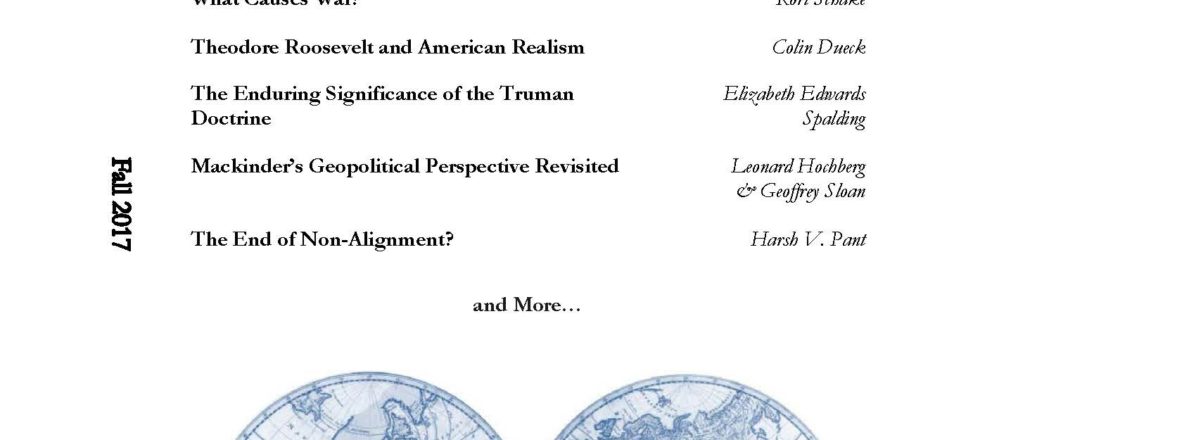A nation must think before it acts.
Abstract
This article joins a robust literature in confronting an enduring dilemma of organized politics: who guards the guardians—and how? Building on an agency theory of civil-military relations, this article introduces a new way to think about the American military and its civil-military relationships. Traditional agency theory offered a strong and flexible approach for evaluating the relative strength of civilian control over the military. A principled agent framework takes the argument further by expanding the scope of when, what, and who. A temporal expansion reveals the subtle bargaining interactions between the advising and executing phases of a policy. A contextual expansion shows the importance of considering the broader policy ecosystem when evaluating the quality of military compliance. And a service-level expansion demonstrates the powerful impact of service culture on American civil-military outcomes. The four services tend to act as principled agents, making sense of policy ambiguity through their own cultural logic. After explaining the mechanics of the argument and summarizing the core cultural beliefs of the four services, the article uses two historical vignettes to illustrate elements of the framework in action. It concludes by highlighting implications for practitioners and citizens alike.




